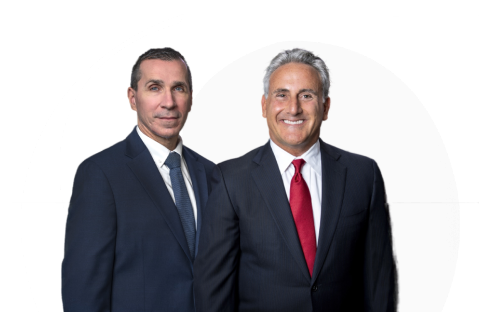The right way to tell your doctor that you disagree
It’s difficult for a lot of people to speak up to a physician — even when they have a strong feeling that the doctor is making a mistake. Unfortunately, that’s the kind of issue that can prevent patients from challenging a bad diagnosis on a doctor’s part and lead to life-long consequences due to medical mistakes.
For the most part, people find it difficult to challenge their doctors’ opinions for several reasons. They’re afraid they’ll be treated like a hysterical patient or dismissed as a hypochondriac. They know they don’t have the same wealth of knowledge their doctors do. Doctors are authority figures. It’s hard to sound confident and be assertive when you’re half-naked under a paper gown in a cold office.
But…you know your own body the best and you owe it to yourself to speak up and challenge your doctor when he or she is making an obvious mistake or could be overlooking something important. Here’s how to do it the right way:
1. Be respectful.
Nobody likes being called out on a possible mistake, including doctors. Frame your statement or question in a way that acknowledges your doctor’s value. For example, say something like, “I appreciate your diagnosis, but can we do some additional testing so that I know we’re not overlooking something?” That’s much better than, “I think you’re wrong.”
2. Be a team player
Talk to your doctor like you are in a partnership — because you are. Use terms like “we” and “us,” and speak to the doctor the same way that you would want someone on your team at work talking to you.
3. Practice what you want to say
If you know you need to address a concern and you’re nervous about it, schedule an appointment just for that purpose. Then rehearse what you need to say or ask the doctor ahead of time so that you aren’t fumbling for words when the time comes.
4. Look for alternative communication methods
If you aren’t comfortable with in-person communication, try contacting your doctor online. Many medical offices now have interactive programs that allow patients to write their doctor with questions or concerns. Make use of whatever information your doctor provides.
A lot of serious medical mistakes can be avoided if patients were more willing to challenge a doctor — so you owe it to yourself and your health to learn how.


